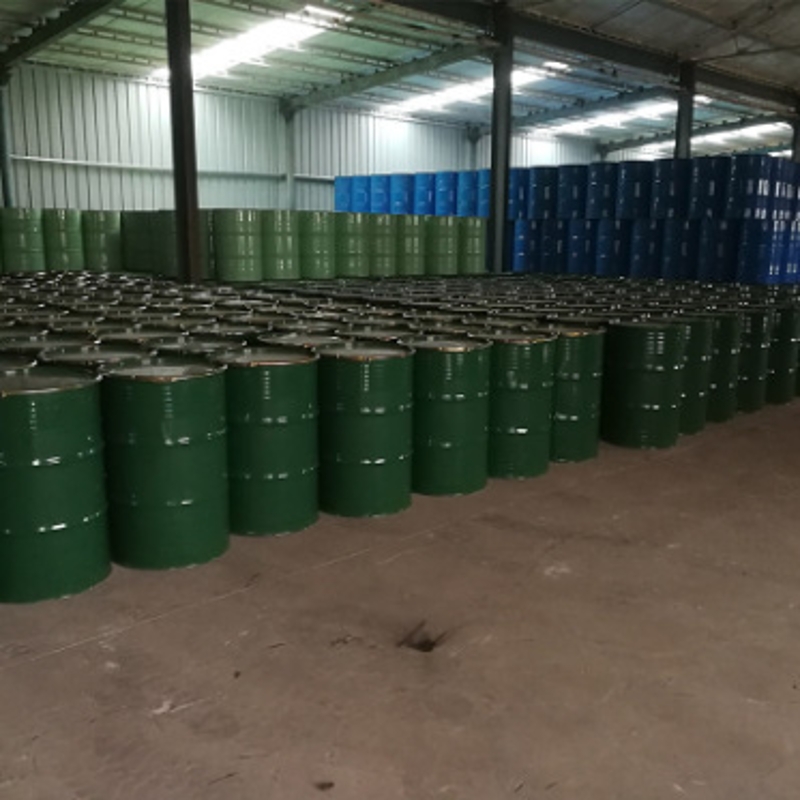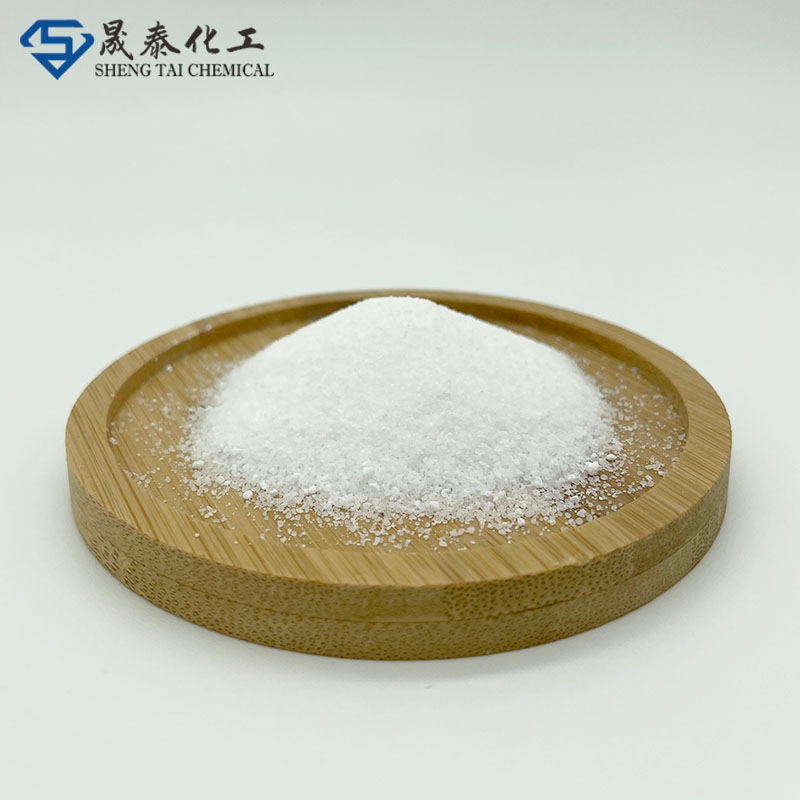-
Categories
-
Pharmaceutical Intermediates
-
Active Pharmaceutical Ingredients
-
Food Additives
- Industrial Coatings
- Agrochemicals
- Dyes and Pigments
- Surfactant
- Flavors and Fragrances
- Chemical Reagents
- Catalyst and Auxiliary
- Natural Products
- Inorganic Chemistry
-
Organic Chemistry
-
Biochemical Engineering
- Analytical Chemistry
-
Cosmetic Ingredient
- Water Treatment Chemical
-
Pharmaceutical Intermediates
Promotion
ECHEMI Mall
Wholesale
Weekly Price
Exhibition
News
-
Trade Service
Caseins are a family of phosphoproteins that play a crucial role in the regulation of various cellular processes.
They are widely distributed in the animal kingdom and have been studied extensively for their applications in the chemical industry, especially in the fields of biocatalysis and biosensors.
One major application of caseins is in biocatalysis, where they are used as catalysts for various industrial processes.
For example, caseins have been shown to catalyze the hydrolysis of fats and oils, making them useful in the production of biodiesel and other fat-based fuels.
Additionally, caseins can catalyze the hydrolysis of lactose, a common sugar found in milk, making them useful in the production of lactose-derived products such as lactose monohydrate, lactose oligosaccharides, and lactose-based sweeteners.
Another application of caseins is in biosensors, where they are used as recognition elements for the detection of various analytes.
For example, caseins have been used to develop biosensors for the detection of glucose, lactose, and other sugars, as well as for the detection of various proteins and small molecules.
These biosensors offer several advantages over traditional analytical methods, including high sensitivity, specificity, and speed, as well as the ability to operate in a variety of harsh environments.
Caseins have also been studied as potential immunogens for the development of vaccines.
This is based on their ability to induce an immune response against a variety of pathogens, including bacteria and viruses.
For example, a casein-based vaccine has been shown to effectively protect against bovine respiratory disease in cattle, one of the most economically important diseases in the livestock industry.
In addition, caseins have been studied for their potential in the treatment of various diseases.
For example, casein phosphopeptides have been shown to have anti-inflammatory and anti-tumor properties, making them a promising therapeutic strategy for the treatment of cancer and other diseases associated with chronic inflammation.
Overall, caseins have a wide range of applications in the chemical industry, including biocatalysis, biosensors, vaccines, and therapeutics.
As further research is conducted on the structure and function of caseins, it is likely that these applications will continue to expand and evolve, leading to new and innovative technologies in the field.







